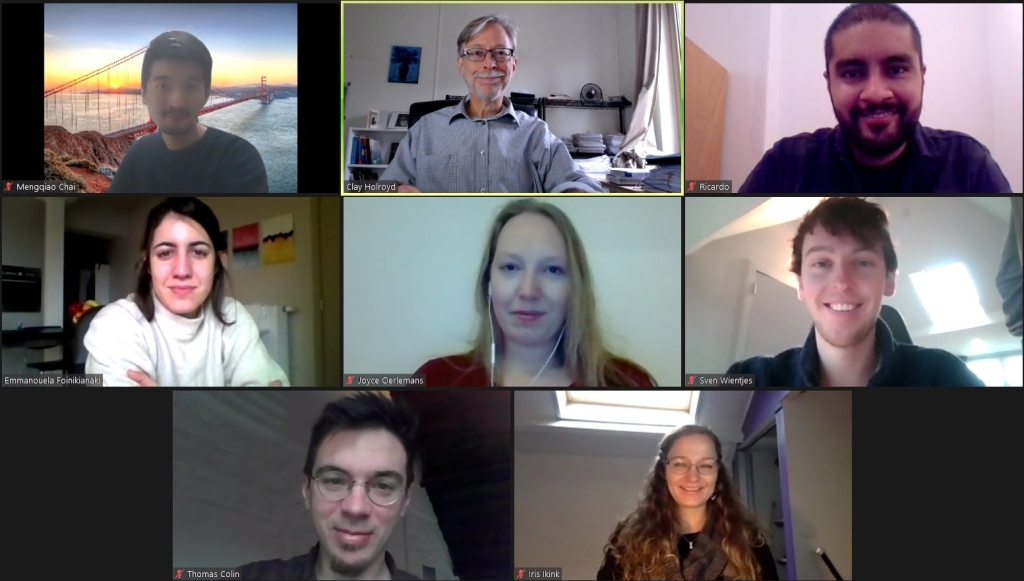
Learning and Cognitive Control
Everyday life presents people with a myriad of challenges. How do we self-regulate our impulses to achieve long-term goals? Why do we sometimes follow through with our plans but at other times quit? The Learning and Cognitive Control Laboratory investigates the neurocomputational mechanisms that support these control processes, a subject that bridges the domains of neuroscience, artificial intelligence, and cognitive psychology. We follow a converging methods approach whereby we develop biologically-inspired computational models of behavior and test the models using electroencephalography, functional magnetic resonance imaging, and lesion studies.